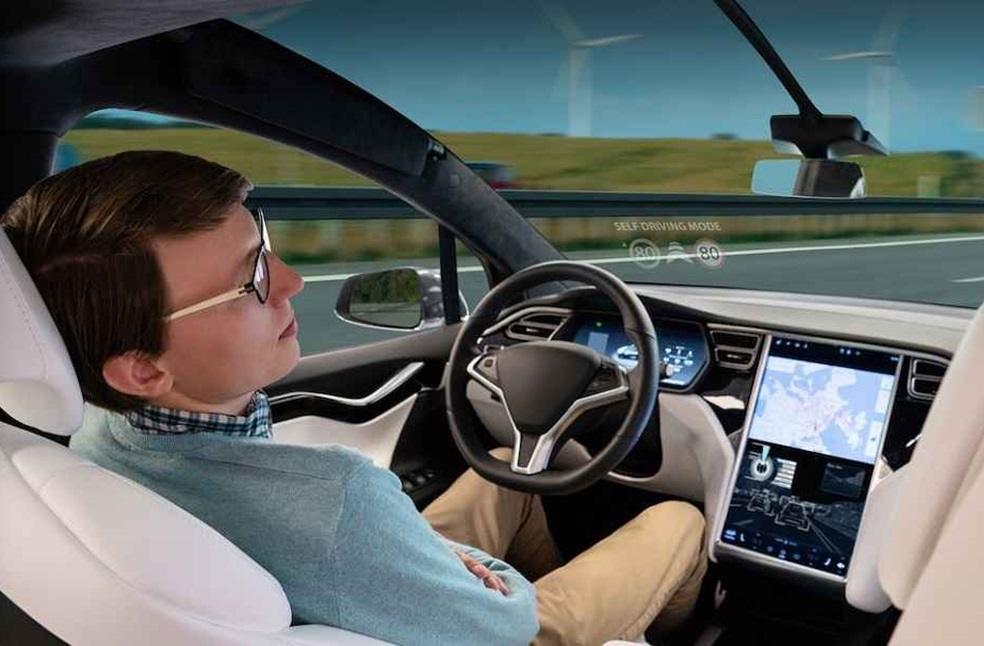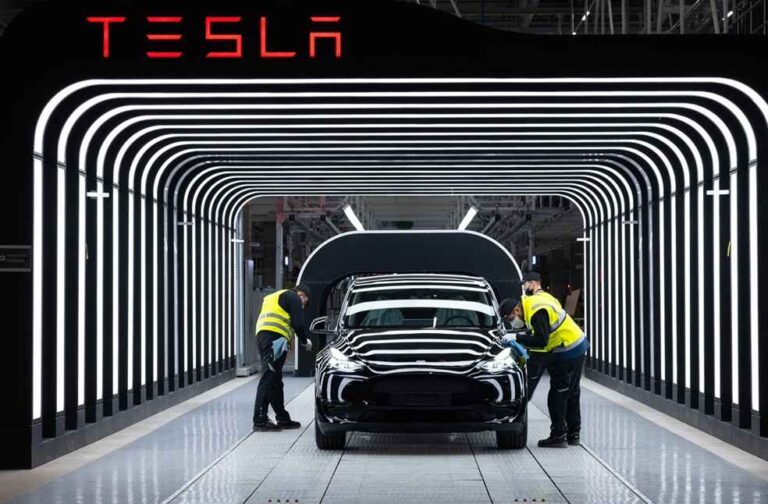Tesla is disbanding the team behind its Dojo supercomputer project. The move, which includes the exit of Dojo leader Peter Bannon, signals a significant pivot from relying on proprietary hardware to train the AI systems that support Tesla’s autonomous driving technology and its Optimus robot.
Reports indicate that Tesla is scaling back its ambitious Dojo initiative, reallocating its team members and transitioning its focus toward greater reliance on established tech companies like Nvidia and AMD. While the company hasn’t formally issued a statement, the discontinuation of Dojo marks a change in its strategy for building advanced AI for its electric vehicles.
On Thursday, Musk stated that Tesla is narrowing its focus to develop inference chips designed to enable its AI models to make real-time decisions. “It doesn’t make sense for Tesla to divide its resources and scale two quite different AI chip designs,” he added.

The Dojo supercomputer is recognized for its specialized D1 chip, built to train machine learning models for Tesla’s Autopilot and Full Self-Driving (FSD) systems. Introduced by CEO Elon Musk in 2019, Dojo was described as a ‘super powerful training computer’ capable of handling vast amounts of video data from Tesla vehicles to refine its AI chips.
Earlier this month, Tesla’s Dojo team faced a major setback when about 20 members left to join a startup called DensityAI. Sources indicate that the remaining staff are being reassigned to other data centers and computing projects within Tesla. The shift also involves ramping up Tesla’s reliance on external partners for technical expertise. According to insiders, the company plans to work with Nvidia and AMD for computing infrastructure and with Samsung Electronics for chip manufacturing.

Last month, Tesla finalized a $16.5 billion deal securing a long-term partnership with Samsung to supply AI semiconductors through 2033.
The approach also includes changes to the hardware in Tesla’s electric vehicles. Starting this year, upcoming Tesla models are expected to feature an AI5 processor made by TSMC, with a successor AI6 chip to be manufactured by Samsung later in the decade.
Meanwhile, Tesla’s board has proposed a $29 billion compensation package for Musk, intended to keep him focused on advancing Tesla’s AI initiatives rather than diverting attention to his other ventures, such as the AI-focused startup xAI.
GENERAL | Ford Delays Next-Gen Electric Pickup and Commercial Van





